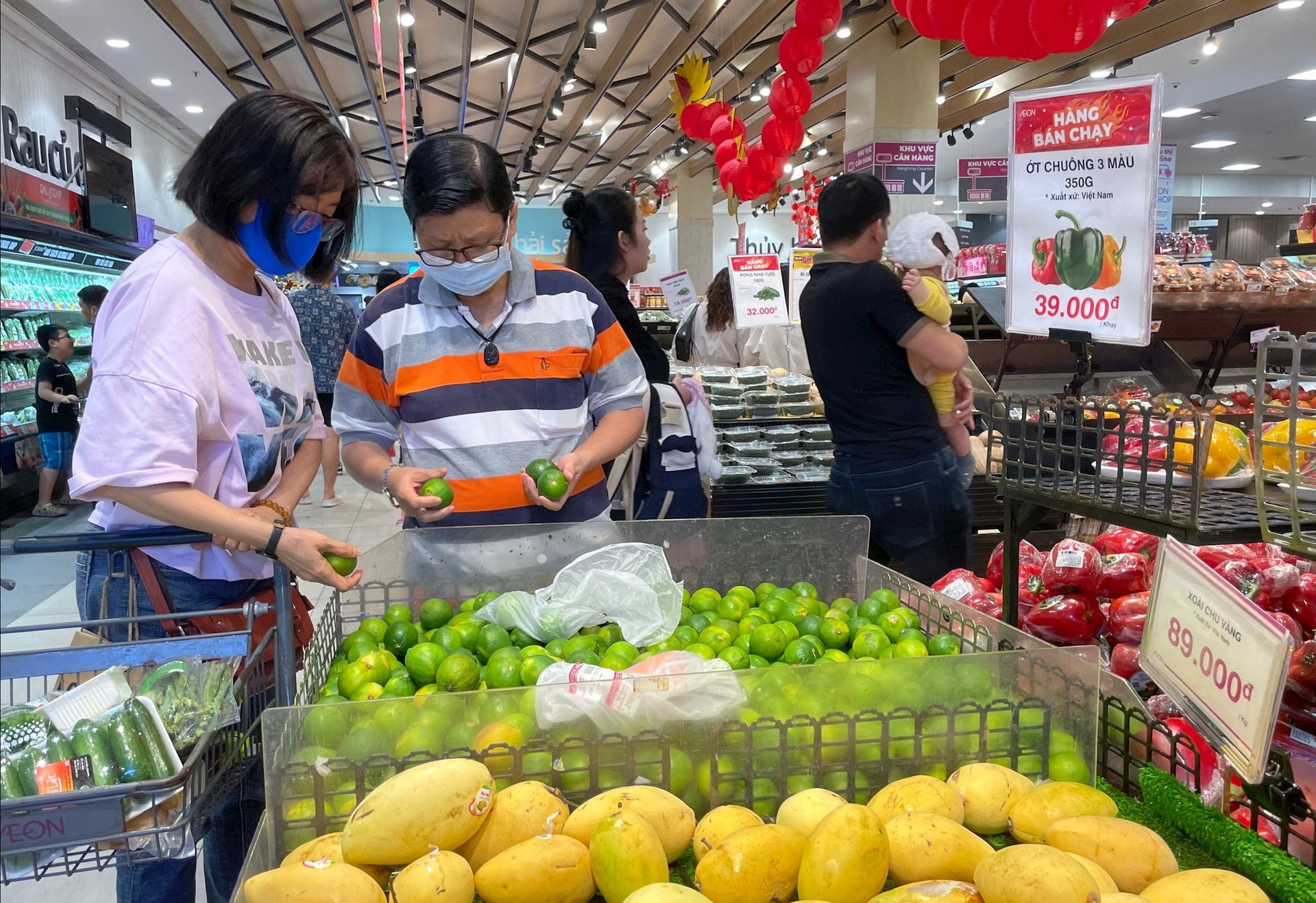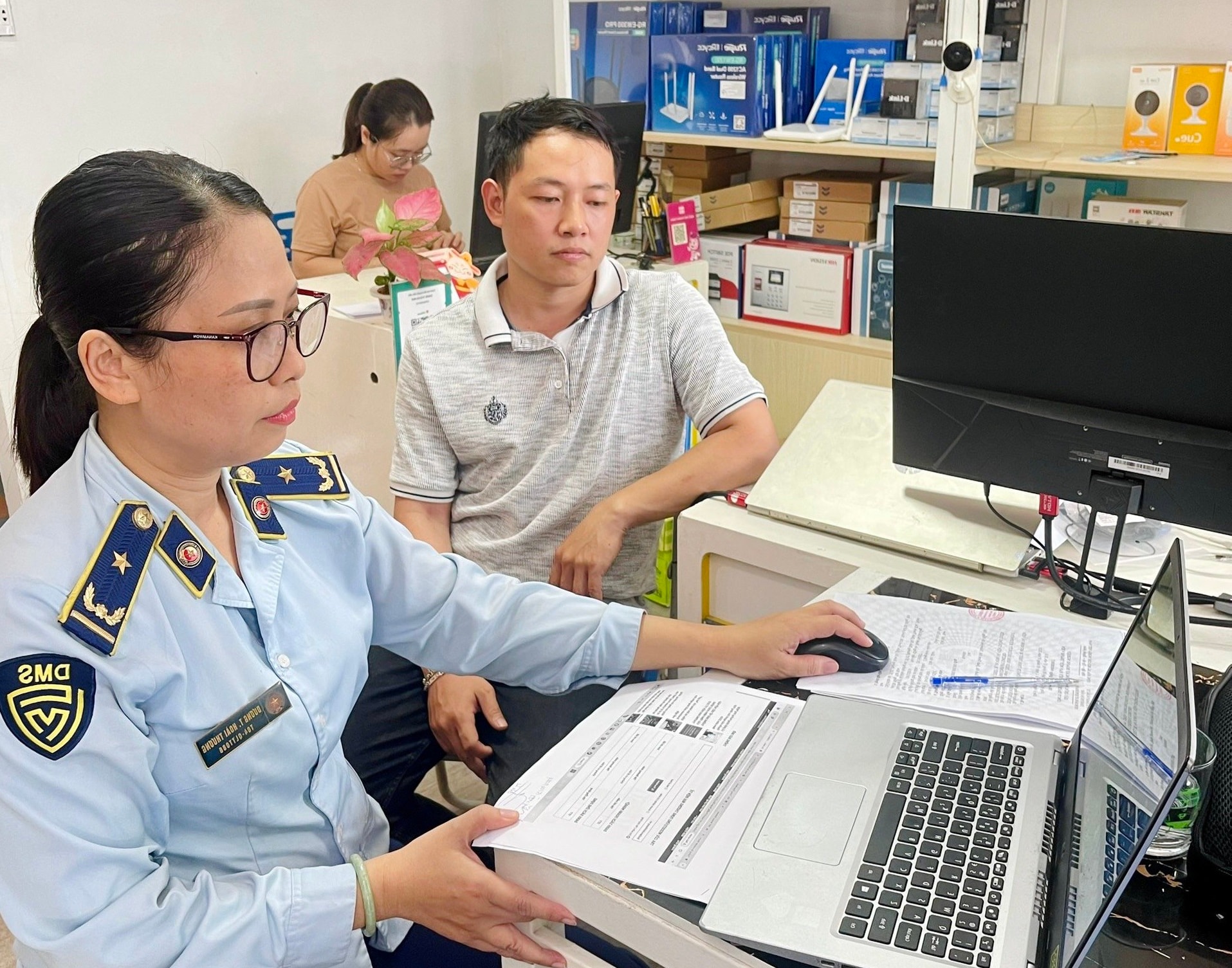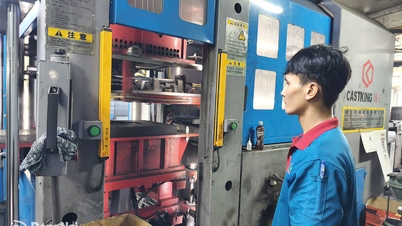
Information transparency
Mr. Vo Van Khanh, Chief Representative of Vietnam E-commerce Association in the Central Highlands region, said that currently, e-commerce platforms have applied technology to check products, detect counterfeit goods, authenticate sellers and build more flexible refund and return processes.
However, poor quality goods, e-commerce fraud and personal data risks remain widespread. In other words, consumer protection is improving, but still faces many challenges due to the rapid growth of e-commerce and the complexity of digital business models.
“The biggest difficulty in developing e-commerce lies in the rapid and diverse growth of e-commerce, making it very complicated to control at the same time. In addition, the problem of dispute resolution, complaint handling and refund procedures is often lengthy and difficult to handle. In addition, there are risks related to personal data security and payment fraud, especially when online activities are increasingly popular,” said Mr. Khanh.

In 2020, for the first time, the Vietnam E-commerce Association mentioned the protection of consumer rights on e-commerce platforms, immediately receiving positive response and participation from the business community, especially small and medium enterprises, which are the overwhelming majority and actively operating on e-commerce platforms.
To protect consumer rights, many businesses in Da Nang city focus on transparency of product information and sales policies, clear and truthful descriptions, along with instructions for use and warranty conditions, helping to limit disputes from the beginning. Businesses also build a process for receiving and handling complaints quickly and consistently, ensuring that customers are always supported promptly. Along with that is controlling the quality of product output, choosing reputable suppliers and regularly checking the origin and standards.
“When participating in e-commerce platforms, we understand that personal information security, data protection and fraud prevention in payments are mandatory requirements. Finally, maintaining transparent communication and a receptive attitude towards customers will help businesses not only protect consumer rights but also build long-term reputation in the e-commerce environment,” said Ms. Tran Thi Hong Thu, CEO of Bac Dau Company Limited.

Need "three parties" to act together
To complete the legal framework for protecting consumer rights, the Draft Law on E-commerce is being consulted for completion, aiming to create a synchronous legal framework for developing the digital economy and protecting consumers. The development and promulgation of the Law on E-commerce is considered an important step in institutionalizing the national digital transformation policy. In particular, it focuses on regulations on the responsibilities of organizations and individuals selling on intermediary e-commerce platforms and social networks operating e-commerce.
Many small and medium-sized enterprises in the city have proposed that the draft law should avoid creating barriers for small and medium-sized enterprises.
Mr. Truong Phuoc Anh - Director of Viet Tin Hoc Company, former member of Vietnam Consumer Protection Association, said that the legal framework needs to create a favorable environment for flexible and creative business models to develop.
At the same time, avoid applying overly strict conditions to all types of businesses. Carefully consider the impacts on many different subjects, including domestic and foreign businesses, large and small technology platforms, to facilitate businesses when participating in e-commerce activities.

As for the business itself, when participating in the e-commerce playground, it must be aware of protecting the rights of consumers. When receiving complaints from consumers about counterfeit goods, fake goods or poor quality products, the supplier must be responsible for compensating and refunding to consumers.
To improve the effectiveness of protecting consumer rights, Mr. Vo Van Khanh, Chief Representative of the Vietnam E-commerce Association in the Central Highlands region, said that when e-commerce is an inevitable trend, there needs to be a synchronous combination of management agencies, businesses and consumers themselves.
Authorities should continue to improve the legal framework, especially regulations related to cross-border transactions, livestream sales and control of advertising content on digital platforms. At the same time, it is necessary to invest heavily in technology monitoring infrastructure to detect fraud and infringing goods automatically and promptly.
Businesses need to be transparent with information and proactively coordinate in the complaint handling process.
Finally, consumers also need to be equipped with the knowledge to identify risks and use effective feedback tools. When all three parties act together, consumer protection will be more substantial and sustainable.
Protecting consumer rights always requires the participation of relevant levels and sectors. Not only handling the tip of the iceberg on e-commerce platforms, but also starting from the root.
Recently, the Market Management Department of Da Nang City has strengthened the management of the area, proactively coordinated with functional agencies in the city to review, monitor, and comprehensively inspect establishments producing and trading in dairy products, medicines, and health protection foods, promptly detect and strictly handle violations in the production and trading of counterfeit and smuggled goods, goods that infringe intellectual property rights, etc. As a result, from December 15, 2024 to October 9, 2025, 719 cases were inspected; 469 cases were handled; the amount of money collected for the state budget was nearly 5 billion VND.
The police force investigating crimes related to corruption, economics, smuggling and the environment has discovered and handled 25 administrative violations of food safety with a total fine of 584.5 million VND...
According to a report by the Vietnam E-commerce Association in the Central Highlands region, Vietnam currently has more than 70,000 e-commerce websites and applications, of which many cross-border platforms do not fully comply with domestic regulations.
Thousands of consumer complaints related to e-commerce transactions are not effectively resolved due to platform disclaimers.
Meanwhile, countries like China and South Korea both have regulations on the obligation to verify sellers, remove infringing goods, and protect consumers.
Source: https://baodanang.vn/phat-trien-thuong-mai-dien-tu-no-luc-bao-ve-quyen-loi-nguoi-tieu-dung-3311700.html










































































































Comment (0)